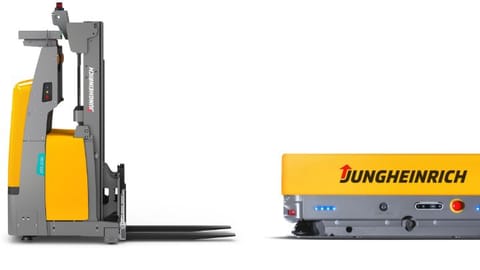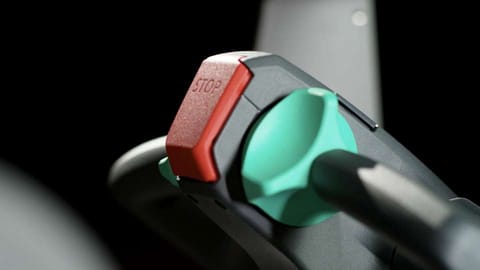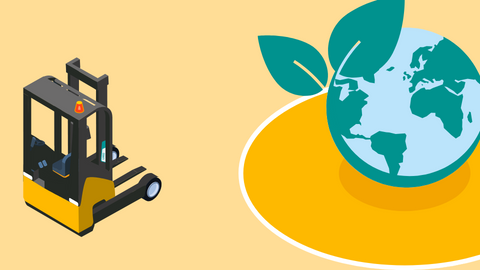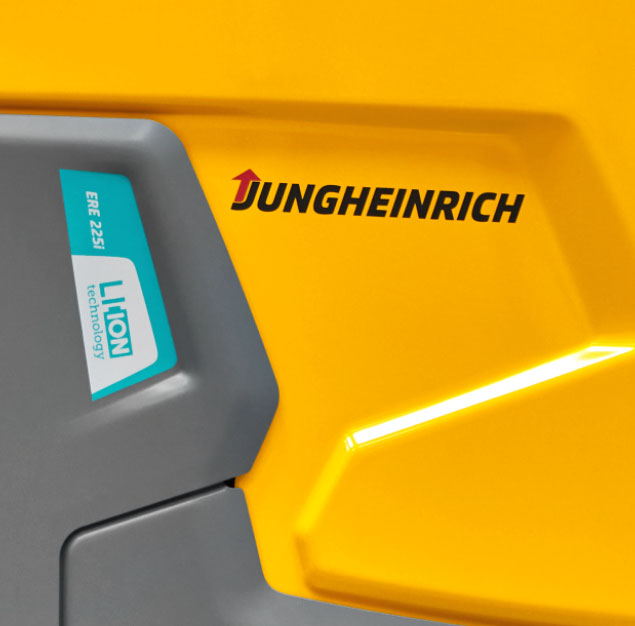
Overview
Ten Years
of power

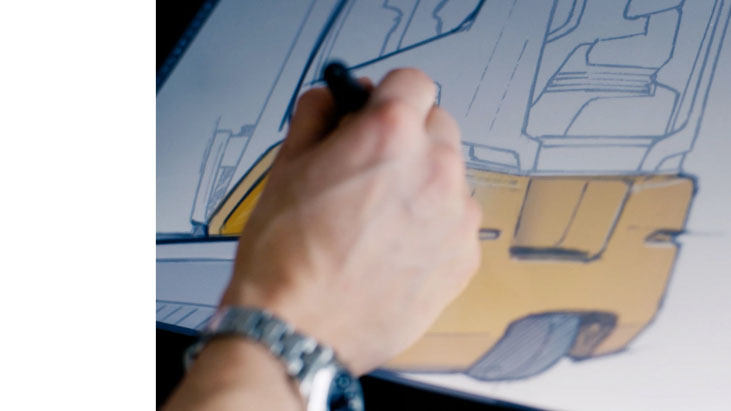
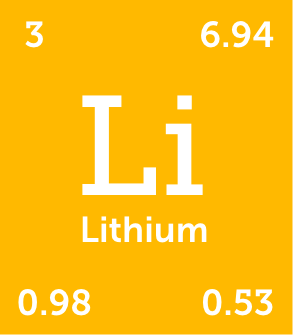
Advantages of lithium-ion battery technology
Longer lifespan
Short charging times
Low weight
No maintenance
Low emissions
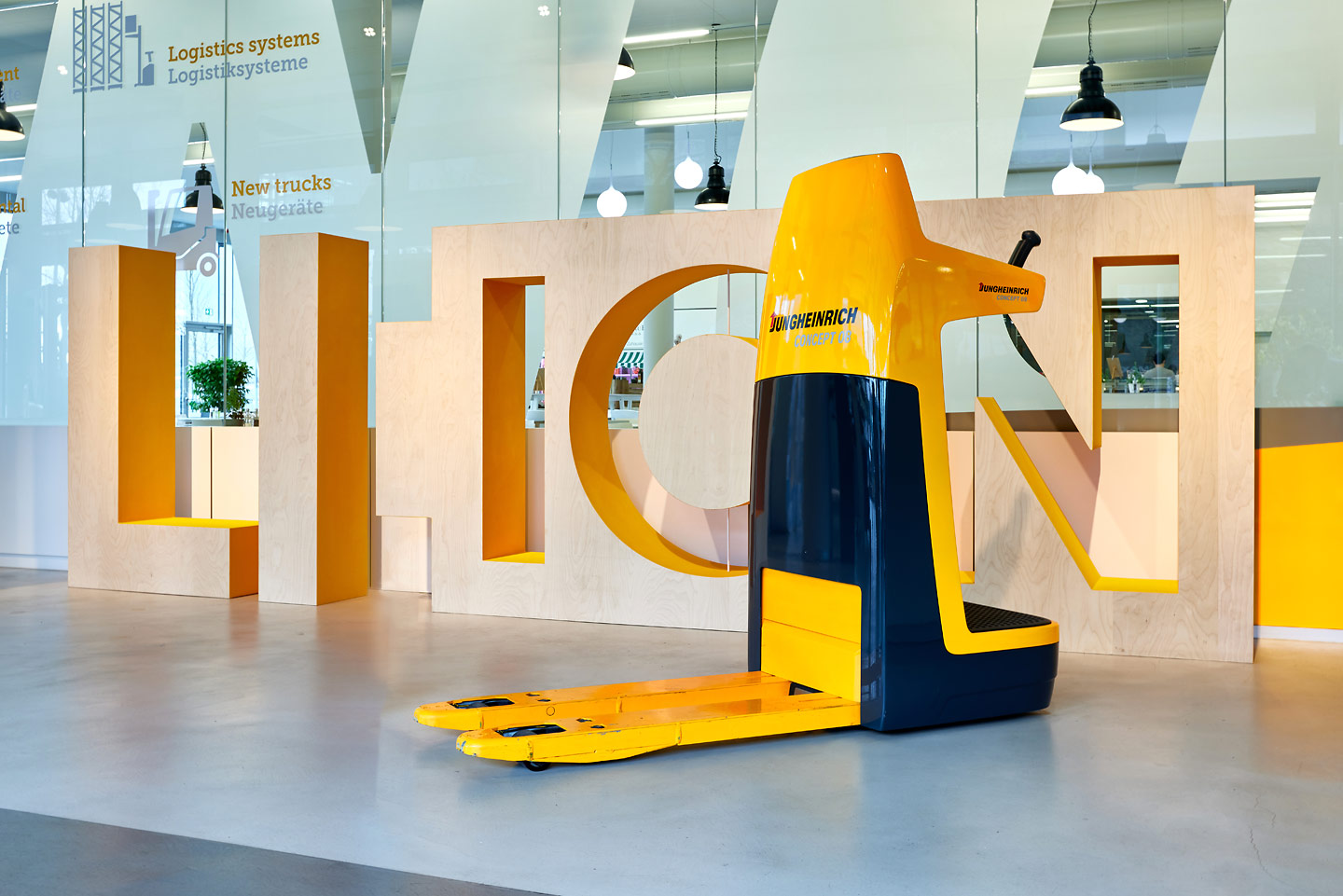
Start of a new age
The future of material handling equipment technology began in 2011 at CeMAT, the industry’s leading trade fair: Jungheinrich was the first manufacturer in the world to present an electric forklift equipped with a lithium-ion battery as standard: the EJE 112i. This battery-powered pallet truck already demonstrated all the advantages of lithium-ion technology at that time: greater safety, no maintenance and a long service life, plus a significantly reduced battery weight.
Even though presenting the truck ushered in a new era of drive technology in intralogistics, it was preceded by several years of successful development work. As early as the beginning of the 2000s, the engineers at the Norderstedt plant began looking into the use of the then still very new lithium-ion technology in material handling equipment and to develop an initial prototype. This resulted in 2008 in the presentation of the “Concept08” truck study – a real milestone in development and the technological basis for the series-produced truck presented three years later.
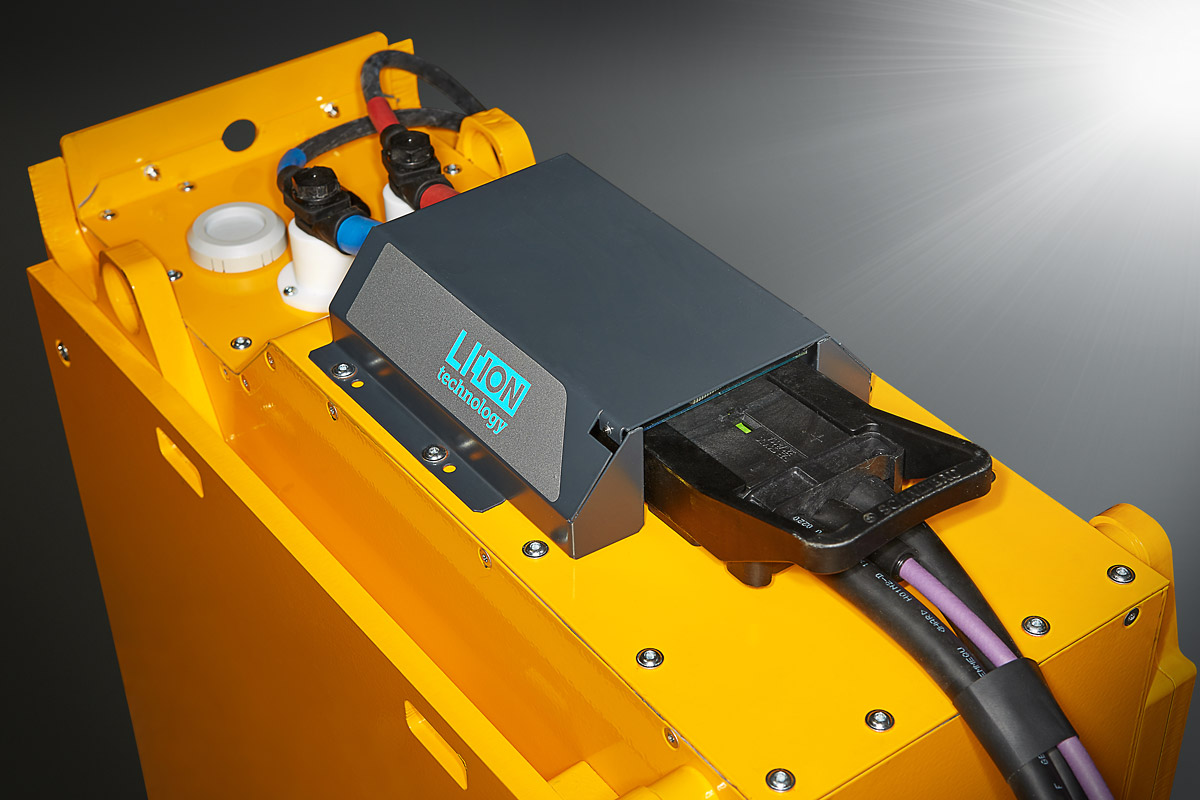
Technology that convinces
The EJE remained a niche truck to begin with because, at the time, the cost of the lithium-ion cells was too high for widespread and rapid commercial success. Nevertheless, Jungheinrich had demonstrated with the market launch that the new battery technology works reliably, gradually bringing the large number of initial sceptics round to the potential of the new technology.
The Board of Management took the strategic decision to adopt an proactive marketing strategy as regards lithium-ion technology, and more trucks were fitted with the relevant batteries. The strategy worked: while only around 100 to 200 trucks with lithium-ion batteries were sold annually between 2011 and 2014, the number climbed to 500 in 2015. In 2016, this number had more than tripled.
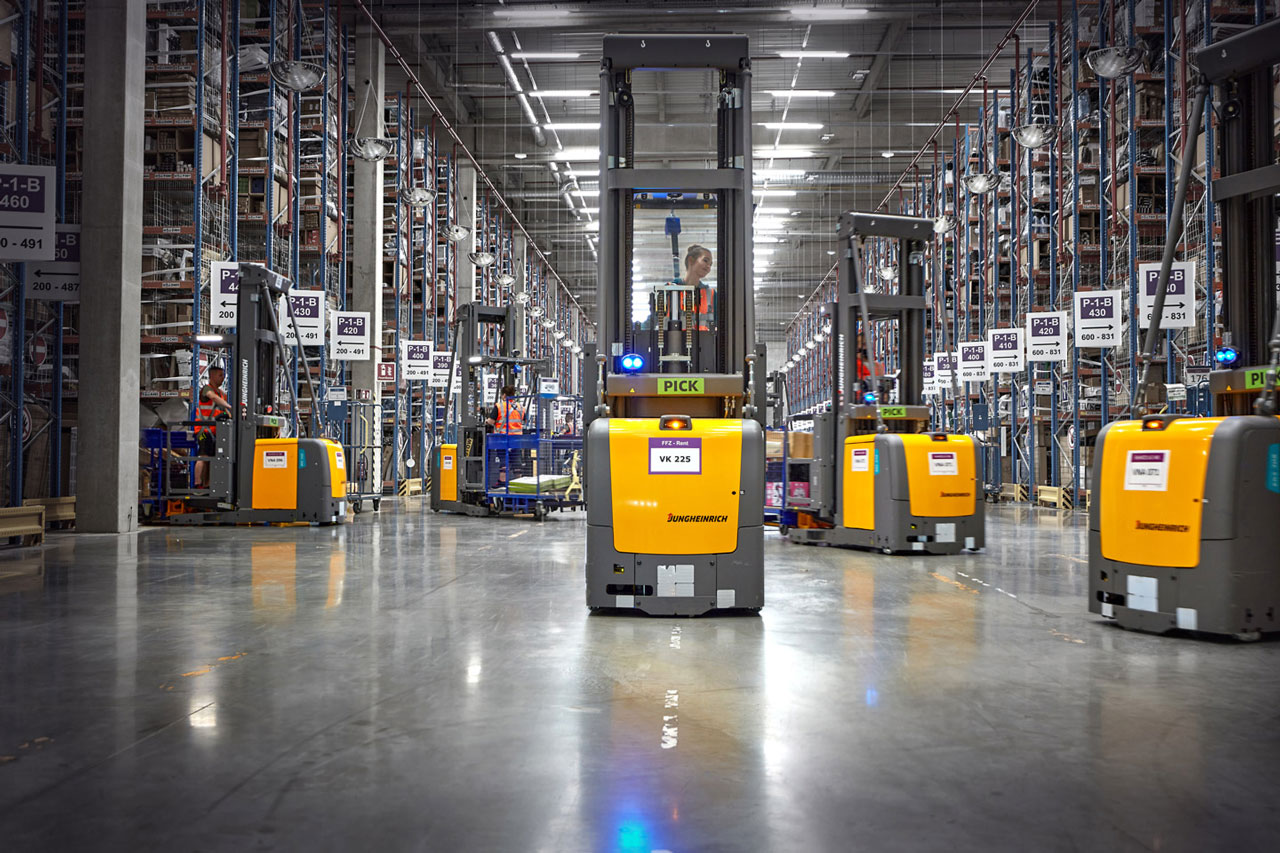
Serial breakthrough
When a large online retailer ordered 1,000 lithium-ion trucks in one go for several new warehouses, a new dimension in production was reached. “Our competitors openly told the customer that it cannot be done and advised against the technology in general. We in the company just looked at each other for a moment and said: OK, we can do it,” says Dr Lars Brzoska, Chairman of the Board of Management, recalling the order that finally heralded the triumphant advance of lithium-ion technology.
At the end of 2017, a total of 6,000 trucks with lithium-ion batteries had already been delivered to the market, and one year later more than twice as many, i.e. 13,000 units. What was once a niche technology became serious competition for the prevailing standards. Jungheinrich was also increasingly able to position itself as a supplier with end-to-end energy expertise: linking all components from the truck to the battery to the charger, together with years of expertise in the development of electric drives, make the company unique in the market.
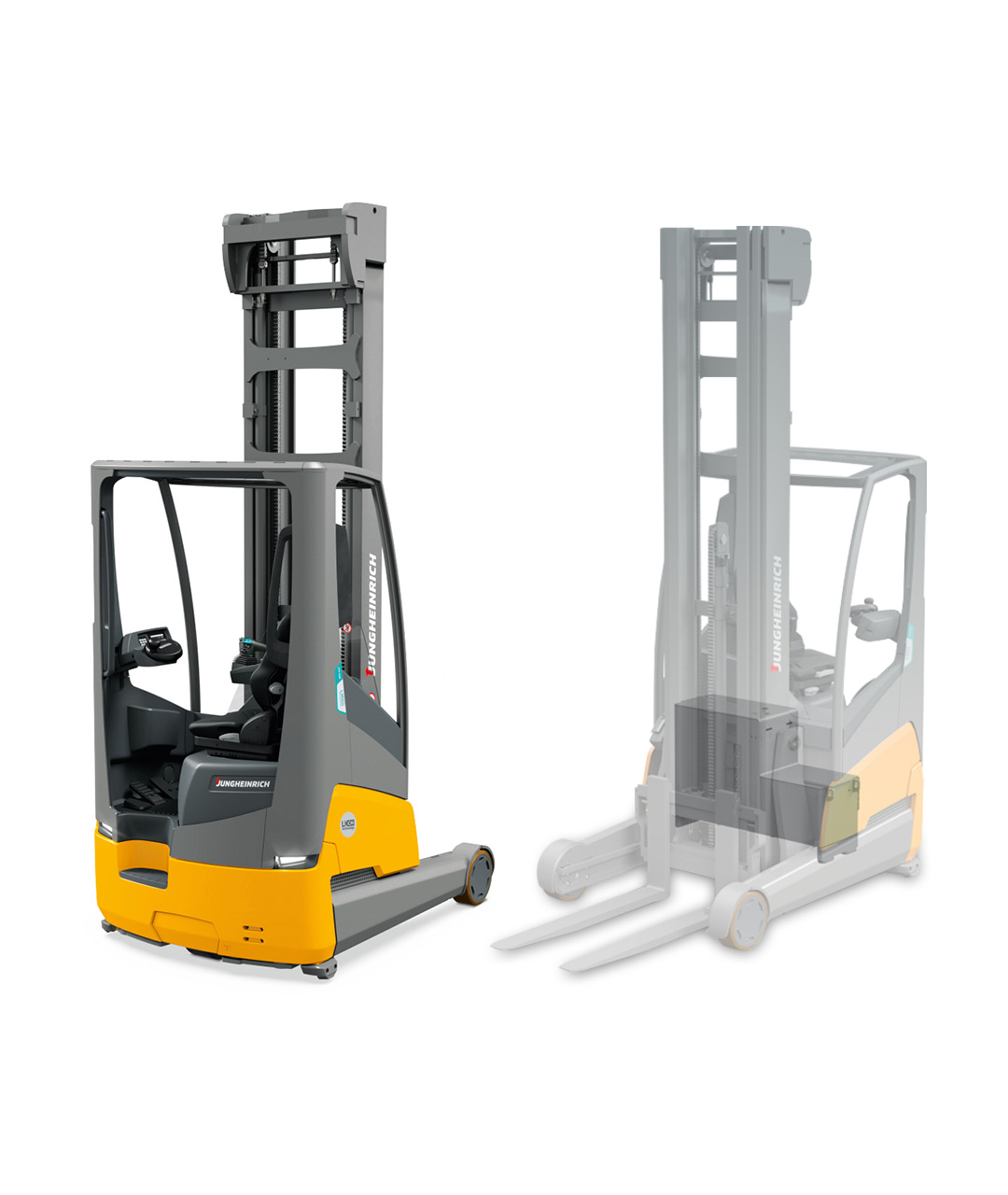
The reinvention of the electric truck
The company’s lithium-ion strategy continued to pay dividends: Jungheinrich once again lived up to its claim of being a pioneer with the launch of the ETV 216i, the world’s first reach truck with a built-in lithium-ion battery. With this truck, the company presented a completely new battery concept at the LogiMAT industry trade show in 2018, which can rightly be described as a revolution and the beginning of a new era in the construction of industrial trucks.
For decades, the size and rigid dimensions of the lead-acid battery had forced developers to design the truck around the bulky battery tray. However, since lithium-ion batteries are two-thirds smaller with the same capacity, they can now be installed as modules in the truck. The end result: significantly more freedom in the design, which can mean more compact trucks, more room for the driver, greater safety and a better load centre with a higher platform. Thanks to the new design approach we were able to focus even more closely on the requirements of our customers.
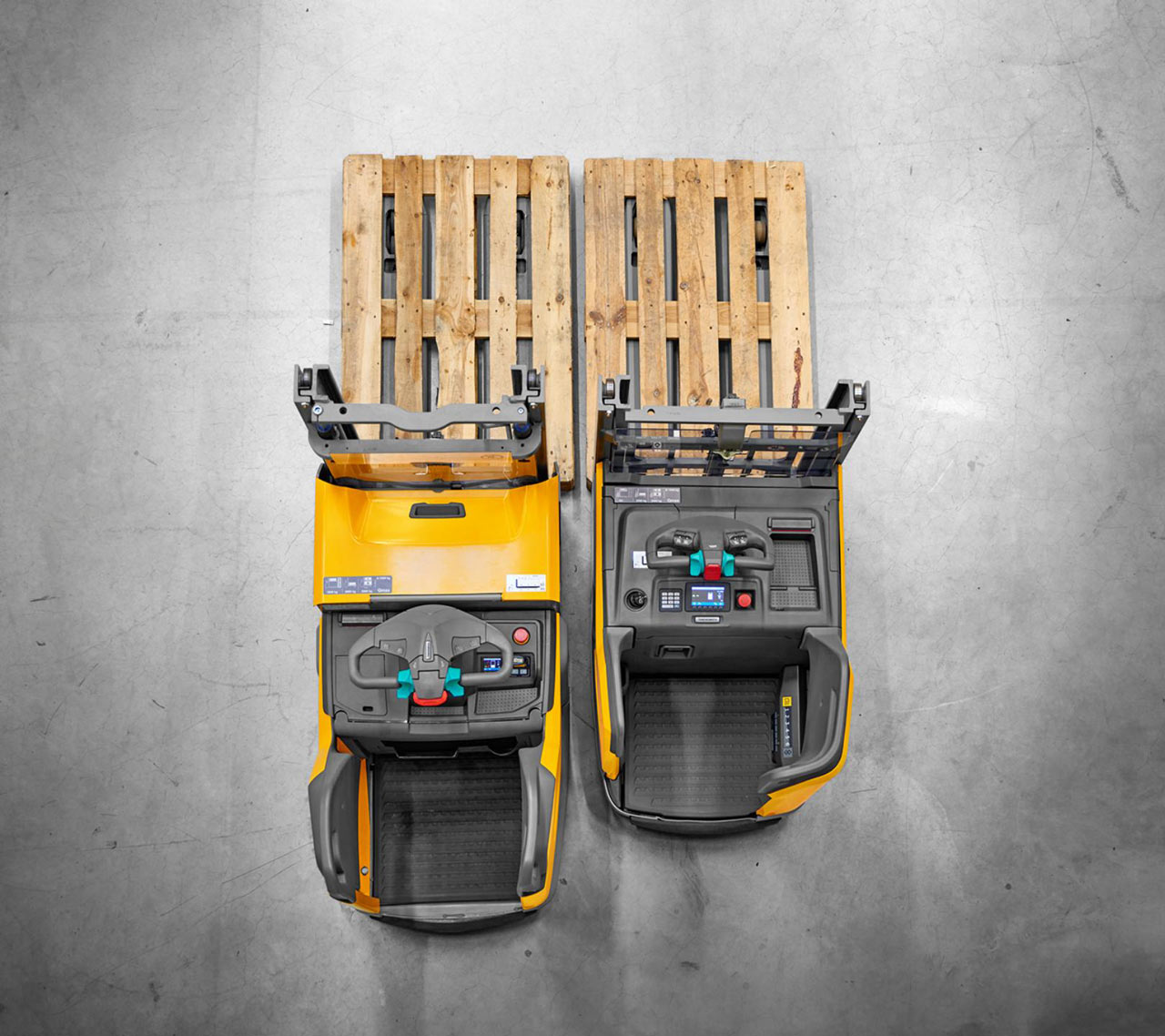
From innovation to standard
Lithium-ion trucks from Jungheinrich continued to be developed at speed thanks to the excellent feedback from customers: within just a year of the ETV 216i’s launch, the ERC 216zi electric stacker truck followed, as did the ERE 225i and ERD 220i driver trucks. The company now has a fleet of four truck types that were specially designed for the advantages of the lithium-ion batteries.
Jungheinrich now markets the trucks under the name POWERLiNE. This line of forklift trucks set new standards in the industry, being smaller and more manoeuvrable without compromising on performance and safety. The fact that the ERD 220i won the Red Dot Design Award 2021 as “Best of the Best” for its innovative strength and pioneering design as well as being nominated for the IFOY Award 2022 speaks for itself. Michael von Forstner, Head of the Lithium-Ion Programme at Jungheinrich, underscores just how pioneering the recent truck developments are: “We are setting as big a milestone with our new trucks today as we did when we were the first to install three-phase AC technology – something which is now standard in the industry.”
The economic advantages of lithium-ion technology over lead acid batteries or internal combustion engines are plain to see: More charging cycles, lower maintenance costs and no need for second batteries. Lithium-ion cells are becoming gradually cheaper to acquire and their capacities increasing all the time.
This technology is impressive for more than just economic reasons. Despite needing more energy during production, a lithium-ion forklift truck has a CO2 footprint that is around 20 per cent smaller than a comparable truck running on a lead acid battery; when compared with a forklift truck powered by an IC engine, the CO2 savings are 50 per cent and more – a crucial step on the path to having a CO2-free warehouse.
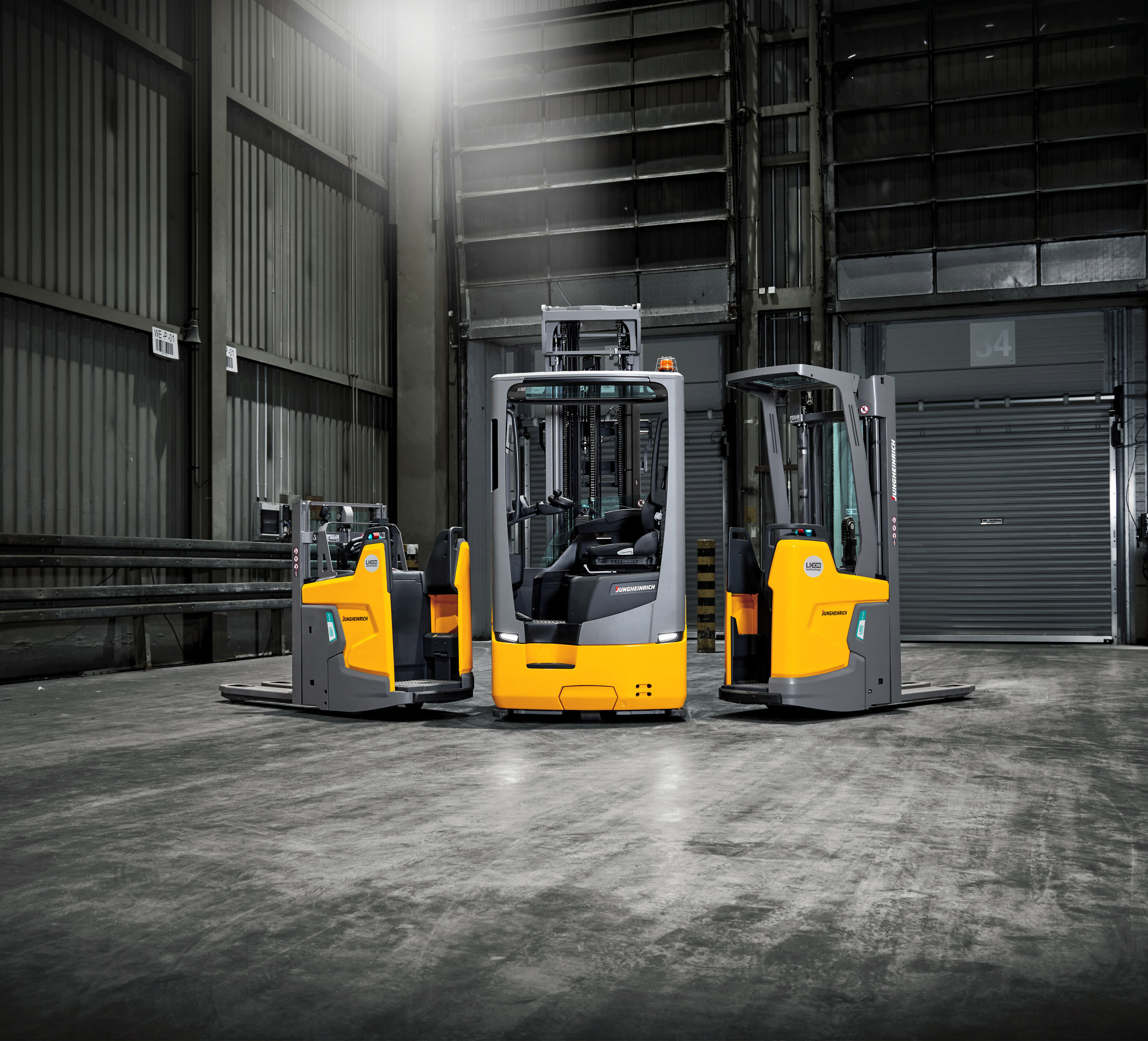
The future is just the beginning
“Lithium-ion technology will be the standard in no more than five years,” says Dr Lars Brzoska with conviction. And Jungheinrich, as a company that has set store by this drive technology from the very beginning, will be at the forefront of the market. It is stated as a goal in the company’s Strategy 2025+ to have 70 per cent of its trucks fitted with lithium-ion batteries by 2025.
Yet increasing the number of its own trucks with this technology is only just the beginning of Jungheinrich’s lithium-ion strategy. This battery technology is also in demand outside the field of intralogistics given the advantages it brings, which is why the company now also supports manufacturers of other mobile machinery in their move to electric mobility.
Jungheinrich is also working towards offering end-to-end energy solutions in the future: from in-house power generation using photovoltaics to offering the corresponding energy storage systems and the use of electricity itself – not just in intralogistics. The decision is based, among other things, on the expected battery returns from short-term rental fleets and other trucks as well as the company’s focus on sustainability. The recently announced construction of a large-scale stationary storage facility together with a joint venture partner is an important step here, enabling Jungheinrich to position itself as a provider of end-to-end solutions for the CO2-free warehouse of the future. And again set standards for the future.
